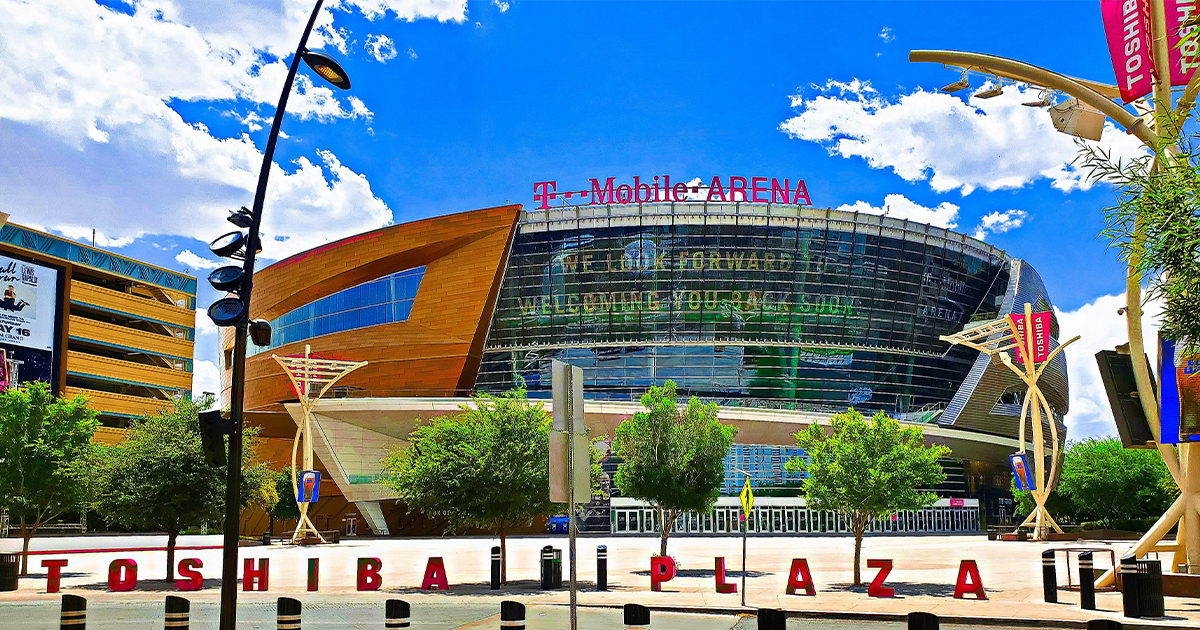In recent years, Las Vegas has evolved into a global hub not only for tourism and gaming, but also for sports and large-scale entertainment. From the NFL’s Raiders calling Allegiant Stadium home, to the NHL’s Vegas Golden Knights playing at T-Mobile Arena, to the upcoming arrival of Major League Baseball’s Oakland A’s, who are relocating here, the sports scene is thriving. Add to that high-profile events such as Formula 1 racing on the Strip and major concert residencies, and it’s clear that the city is transitioning from a gambling mecca to a multi-faceted entertainment powerhouse.
For commercial real estate (CRE) property owners in Las Vegas, these developments create both opportunities and challenges. Below, we explore how the city’s expanding sports and entertainment sector is influencing property values, tenant demand, and future investment strategies.
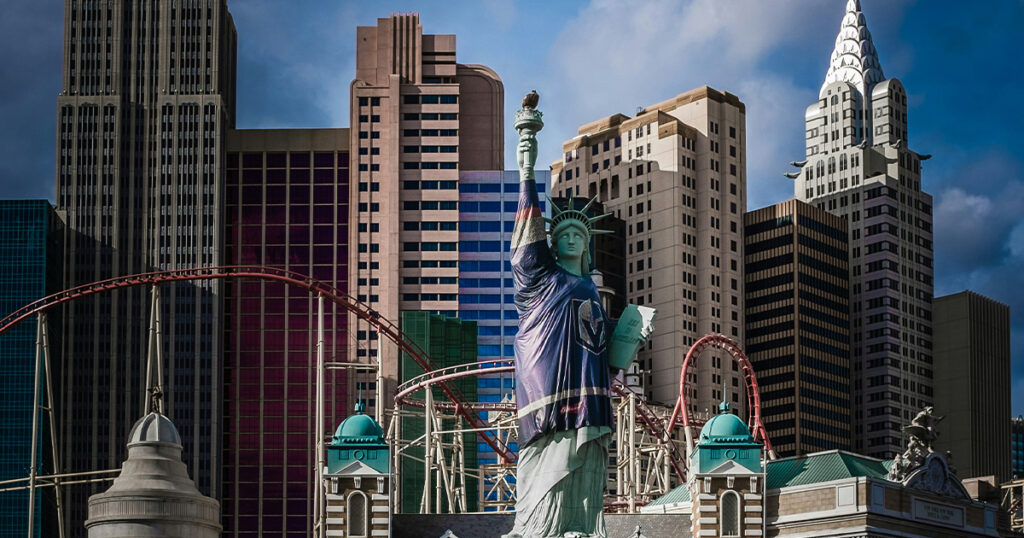
1. Stadiums and Arenas Drive Nearby Property Values
The proximity effect of major sports venues typically boosts property demand in surrounding areas. Retail storefronts, office units, and hospitality-related spaces near large arenas can witness increased foot traffic and higher rental rates. Allegiant Stadium’s opening, for instance, spurred a wave of interest in properties located just west of the Strip.
- Opportunity for Mixed-Use Development: Some property owners are capitalizing on the surge by constructing mixed-use complexes that combine retail, dining, and lodging options within walking distance of the venue.
- Infrastructure Upgrades: Stadium developments often attract city-funded infrastructure improvements—think expanded roads, public transport enhancements, and better pedestrian access—making commercial spaces more attractive to both tenants and investors.
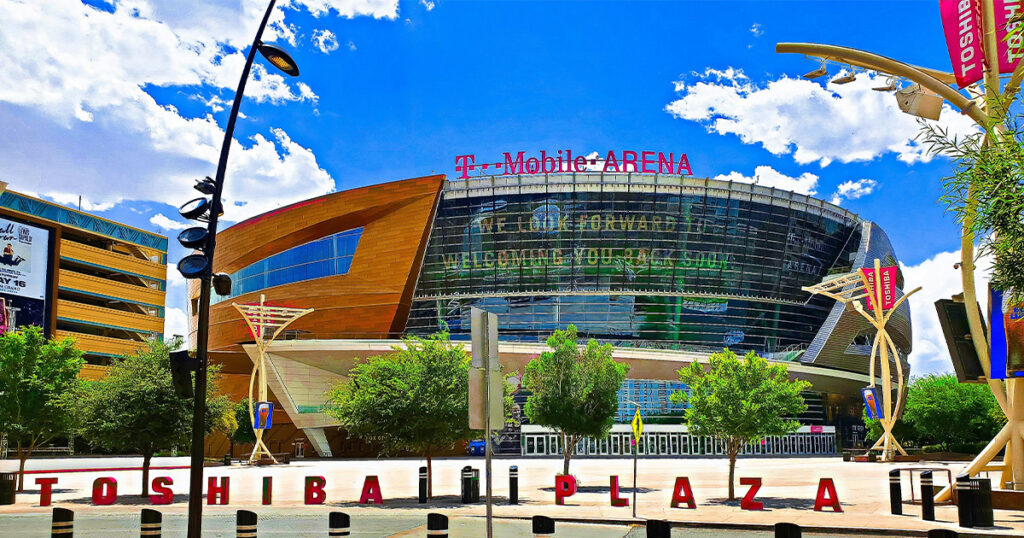
2. Retail and Hospitality Demand Around Event Hotspots
High-profile events like Formula 1 races and star-studded concerts can draw thousands of visitors to a concentrated part of the city. This influx provides a consistent surge of potential customers for local businesses.
- Pop-Up and Short-Term Leases: With frequent events and seasonal demand, some retail and dining operators opt for shorter lease terms in high-traffic corridors. Property owners who offer flexible, event-driven leasing strategies often earn premium rents during peak times.
- Collaboration with Entertainment Brands: Many entertainment companies look for local retail or warehouse space to store event equipment or host pre- and post-event activities. Property owners positioned to serve these needs may find new revenue streams.
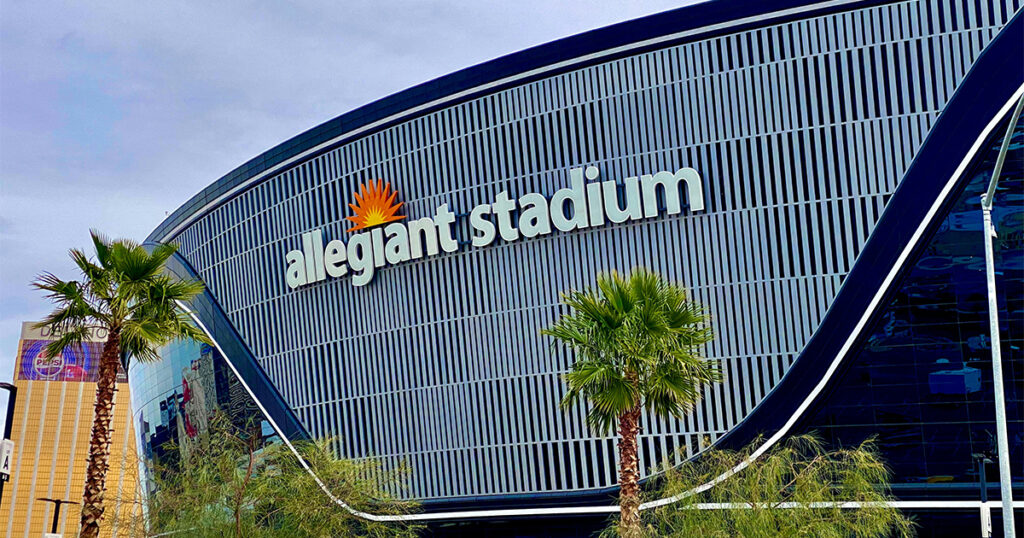
3. Office Market Shifts: Corporate Relocations and Brand Presence
As Las Vegas cements its reputation as an entertainment and sports capital, more businesses (both sports-related and otherwise) see value in establishing regional offices here.
- Satellite Offices for National Brands: Companies that sponsor teams or events often want local office space to coordinate marketing, logistics, or partner relations.
- Creative/Media Hubs: With the rise in entertainment production (TV, film, digital media), certain areas of Las Vegas are becoming mini production hubs. Owners of older office buildings can potentially reposition or renovate to attract creative media tenants.
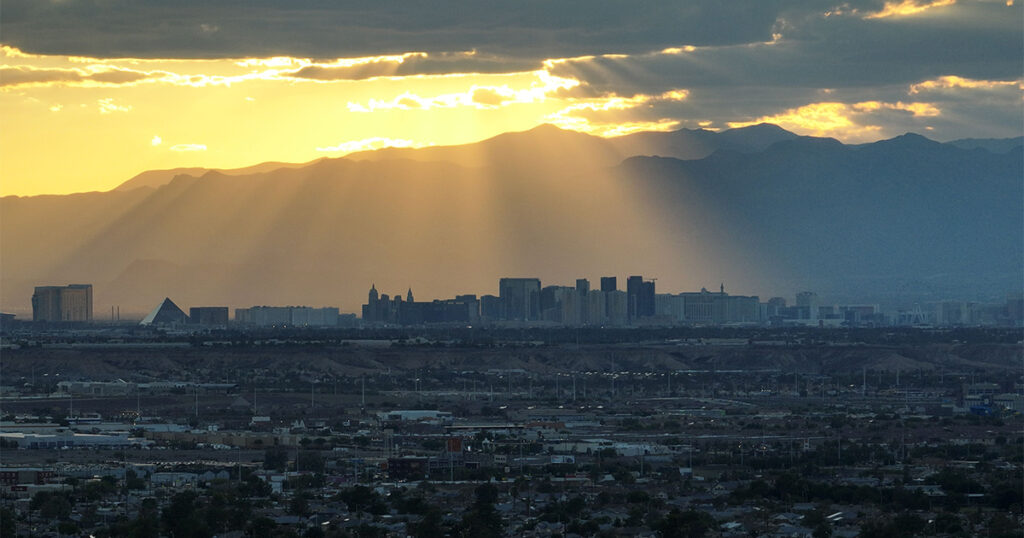
4. Potential Neighborhood Revitalization
Neighborhoods historically overshadowed by the Strip’s grandeur may see a revitalization thanks to the sports and entertainment spillover. When a pro sports team moves in—like we’ve seen with the Raiders—secondary or tertiary neighborhoods often benefit from increased investment.
- Local Business Boom: Restaurants, breweries, and local services typically pop up around new sports facilities. For existing property owners, this can prompt redevelopment of older retail centers or expansion of underused land parcels.
- Long-Term Stability: Sports franchises generally have long leases with their stadiums, creating an anchor for sustained growth. If rumored MLB relocations or expansions occur, the next wave of investment could focus on a new stadium district.

5. Preparing for the Next Big Thing
While major sports teams and marquee events take the headlines, Las Vegas’s entertainment offerings continue to diversify—ranging from eSports tournaments to immersive production shows like the MSG Sphere. Commercial real estate owners can anticipate future trends by:
- Securing Zoning Flexibility: Ensuring your property zoning supports adaptive re-use or potential expansions for entertainment-related tenants.
- Building Partnerships: Networking with event promoters, production companies, and city planners to stay informed about upcoming developments.
- Investing in Upgrades: Properties that embrace better lighting, security features, or festival-friendly layouts often appeal to entertainment operators.

Key Takeaways
- Las Vegas’s evolution into a sports and entertainment capital has far-reaching effects on commercial real estate, spurring higher foot traffic, increased demand for mixed-use developments, and upgrades in surrounding infrastructure.
- Areas near stadiums, arenas, and major event venues often see a boost in property values and retail/hospitality interest, but only if property owners optimize their spaces and marketing strategies to capture event-driven demand.
- Future expansions—like potential MLB relocations or the continued growth of eSports—suggest additional opportunities for property owners to pivot and cater to a more diverse entertainment audience.
Staying agile is key. Whether you already own property near an emerging entertainment hub or you’re seeking to invest in these neighborhoods, understanding the intersection of sports, events, and commercial real estate will help you unlock new revenue streams and long-term value.
At The Barashy Group, we specialize in helping commercial property owners adapt to these exciting shifts in the Las Vegas market. If you’d like to discuss investment strategies, property improvements, or leasing opportunities related to the city’s growing sports and entertainment sector, reach out to us for tailored guidance.

